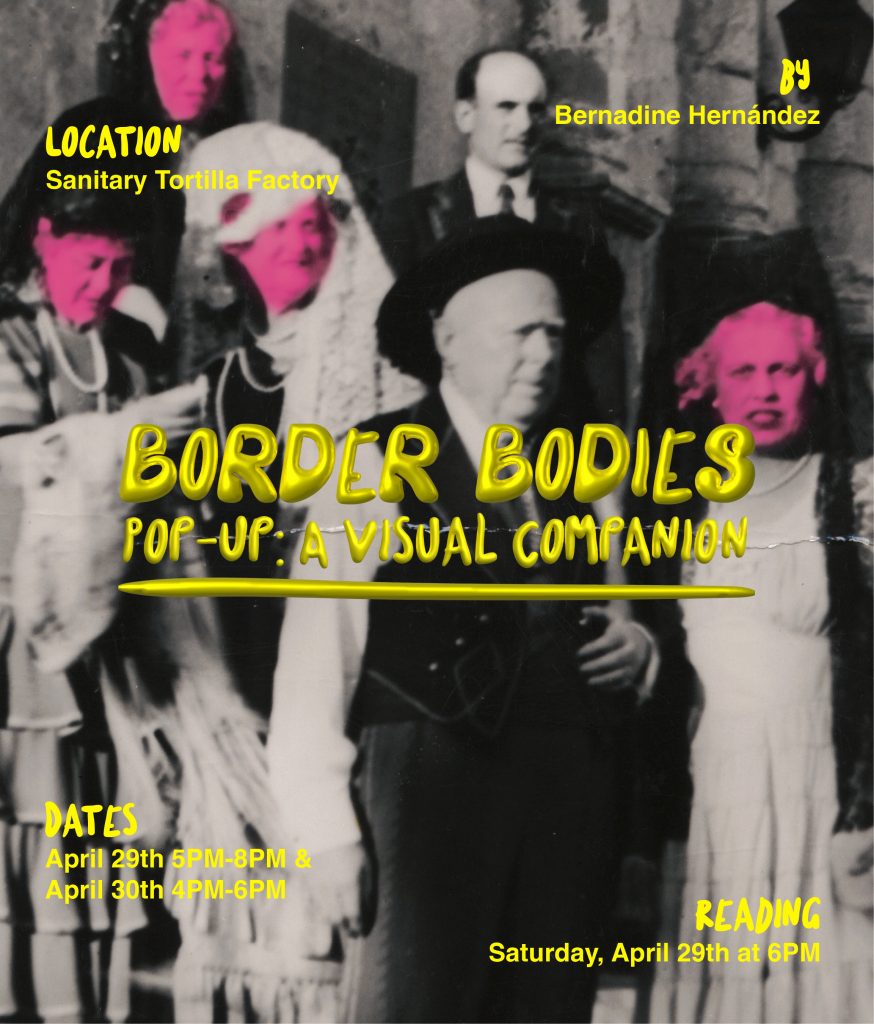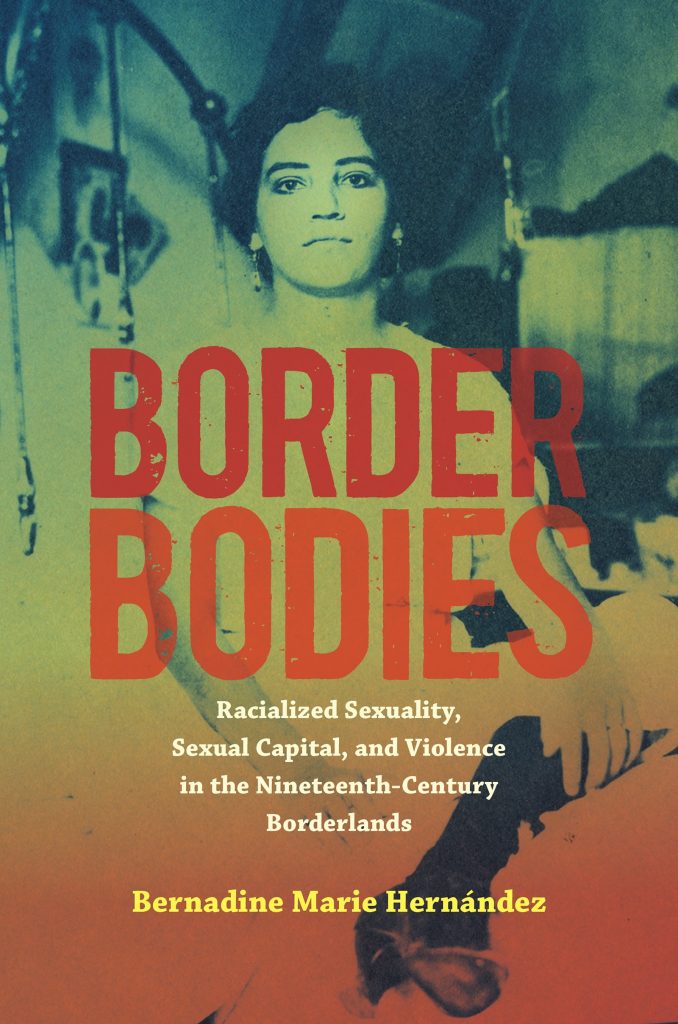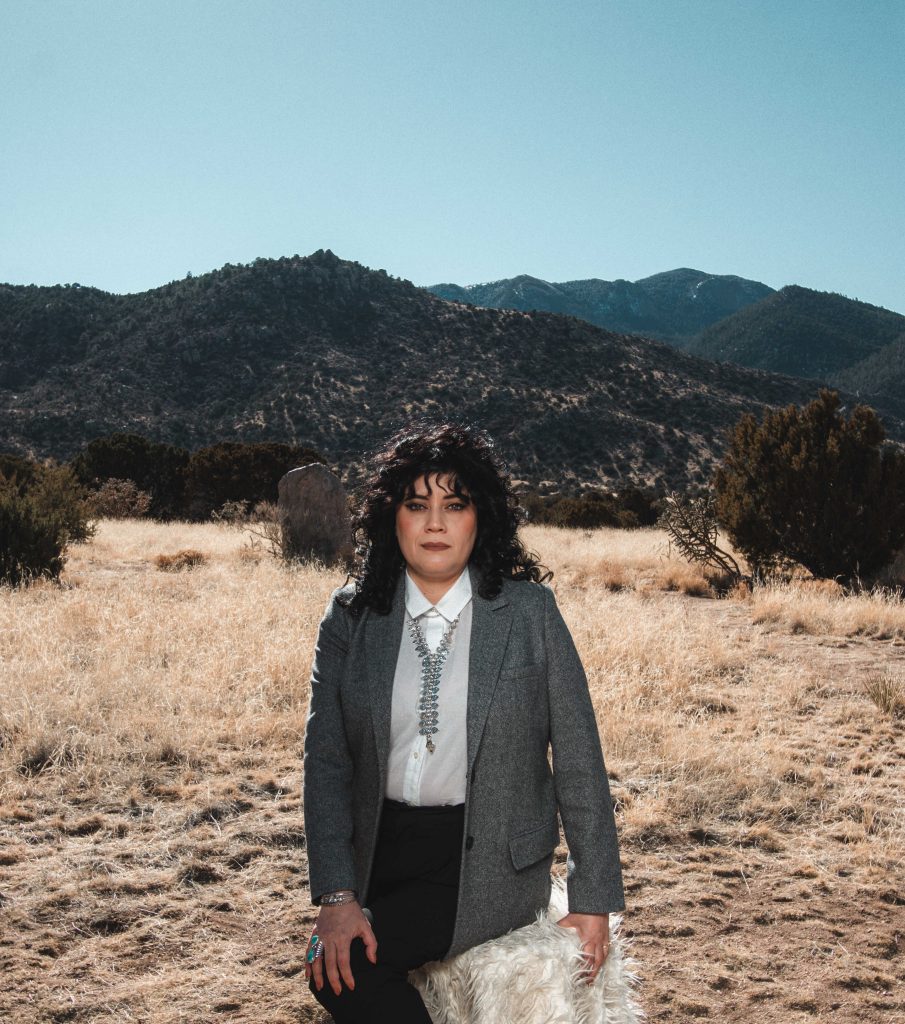Border Bodies: A Visual Pop-UP

Border Bodies: A Visual Pop-UP
Dr. Bernadine Hernández
April 29-30, 2023
Reading: April 29, 6pm
Reception: April 29, 5-8pm
Sanitary Tortilla Factory is pleased to present Border Bodies: A Visual Pop-Up. The exhibition is a visual companion to the 2022 book Border Bodies: Sexual Capital, Racialized Sexuality, and Violence in the Nineteenth-Century Borderlands by Dr. Bernadine Hernández. This visual companion mixes narrative, storytelling, words, multi-media video, photography, maps, drawing, and installation and expands on the questions that Border Bodies asks about how brown bodies are used for capital gain in the development of the contemporary U.S. nation state. The installation asks: how does the borderlands pay for adhering to the increasingly demanding logic of capitalism? How do brown women embody the histories of colonialism, enslavement, migration, and displacement/ dispossession? Most importantly, it asks, how can we create trans-feminist connections to keep brown feminine bodies safe? In thinking about these questions in the book, Border Bodies: A Visual Pop-Up attempts to create a narrative around the brown feminine body, capital, sex, violence, and labor that de-centers the pathology of sexual excess that centers on the brown feminine body.
Border Bodies: Sexual Capital, Racialized Sexuality, and Violence in the Nineteenth-Century Borderlands book blurb

In this study of sex, gender, sexual violence, and power along the border, Bernadine Marie Hernández brings to light under-heard stories of women who lived in a critical era of American history. Elaborating on the concept of sexual capital, she uses little-known newspapers and periodicals, letters, testimonios, court cases, short stories, and photographs to reveal how sex, violence, and capital conspired to govern not only women’s bodies but their role in the changing American Southwest. Hernández focuses on a time when the borderlands saw a rapid influx of white settlers who encountered elite landholding Californios, Hispanos, and Tejanos. Sex was inseparable from power in the borderlands, and women were integral to the stabilization of that power.
In drawing these stories from the archive, Hernández illuminates contemporary ideas of sexuality through the lens of the borderland’s history of expansionist, violent, and gendered conquest. By extension, Hernández argues that Mexicana, Nuevomexicana, Californiana, and Tejana women were key actors in the formation of the western United States, even as they are too often erased from the region’s story.
Bio

Dr. Bernadine Hernández is an associate professor in the Department of English at the University of New Mexico. She specializes in transnational feminism and sexual economies of the US-Mexico borderlands, along with American Literary Studies and Empire, border and migration history, and Chicana/Latina Literature and Sexualities. Her book with UNC press is titled Border Bodies: Racialized Sexuality, Sexual Capital, and Violence in the Nineteenth Century Borderlands and is the first book length study that focuses on sexual capital and gender and sexual violence in the borderlands in the nineteenth and early twentieth-centuries through recovered archival work. She is also the co-editor of the first edited collection on Ana Castillo titled New Transnational Chicanx Perspectives on Ana Castillo, published with University of Pittsburg Press in Spring 2021. Her other publications appear in Comparative Literature and Culture, Transgender Studies Quarterly, Women’s Studies Quarterly, among others.
She is also a public facing scholar and works with the artist and writer collective fronteristxs, a collective of artists and writers in New Mexico working to end migrant detention and abolish the prison industrial complex through creative activism. Fronteristxs provides free political education for community and youth throughout New Mexico on transformative justice and abolition. She sits on the City of Albuquerque Public Arts Board and the Working Classroom Board.
